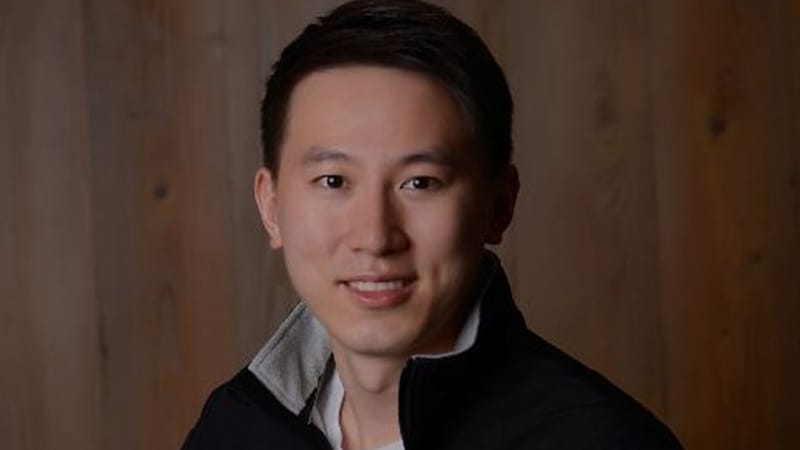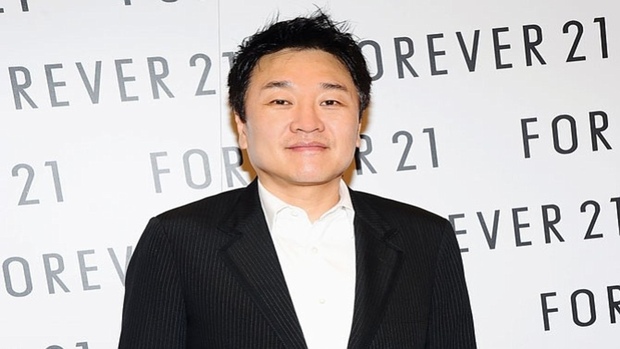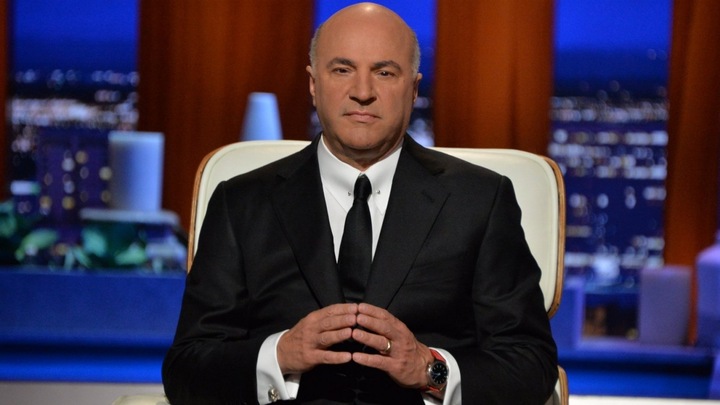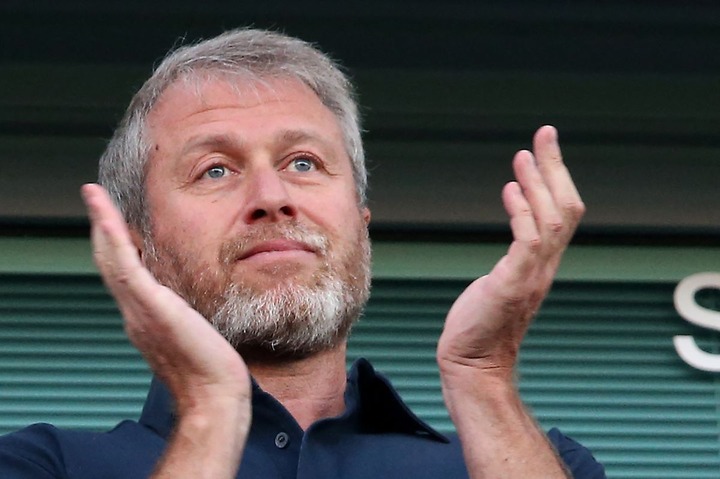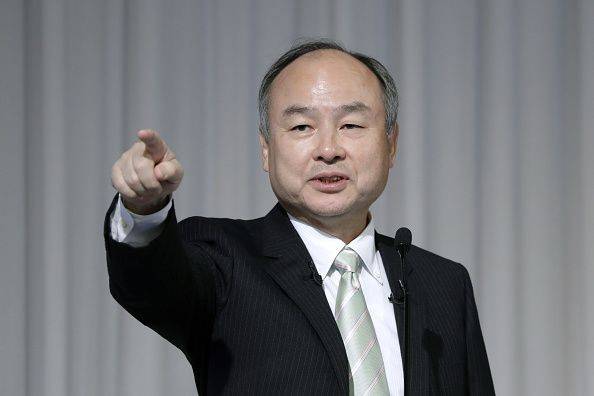Arianna Huffington: The Success Story of the Founder of The Huffington Post
Arianna Huffington is a Greek-American novelist, syndicated writer, and entrepreneur. She is the co-founder of The Huffington Post and the CEO of and founder of Thrive Global. She has also authored fifteen books. Both the Forbes Most Powerful Women list and the Time magazine’s list of the 100 most influential people in the world include her.
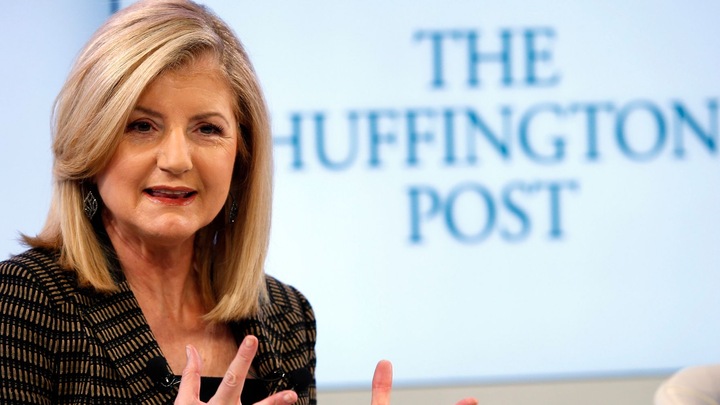
Early Life
Arianna Huffington was born in Greece. At the age of 16, she immigrated to the UK where she attended Girton College in Cambridge to study economics. There, she served as president of the Cambridge Union. She also went to India to study comparative religion at Visva-Bharati University.
Arianna Huffington and Bernard Levin both made appearances in a 1971 edition of Face the Music. In the 1970s, Huffington started authoring books with Levin’s editorial assistance. In 1980, she relocated to New York. Huffington collaborated with Bob Langley as co-host of the late-night chat and entertainment program Saturday Night at the Mill in 1980. She appeared in just five episodes before being fired from the show.
Success Story
When Arianna Huffington released a book titled “The Female Woman” in 1973, she officially started her writing career. Her career path was fraught with ups and downs. She received almost 37 rejections for her second book, After Reason, despite the success of the first. However, Arianna chose to grow in self-assurance and knowledge with each passing day rather than letting her emotions get the best of her.
Read More: Shou Zi Chew Success Story: From Ex-Facebook Intern to TikTok CEO
Arianna Huffington contributed several essays to National Review in the late 1980s. She wrote biographies of Pablo Picasso in 1989 and Maria Callas in 1981, respectively, under the titles Picasso: Creator and Destroyer and Maria Callas: The Woman Behind the Legend.
When her then-husband, Michael Huffington, ran unsuccessfully for the Senate in 1994, Huffington rocketed to national fame in the United States. This led to several special appearances as a social and political analyst on television, in addition to excursions into acting and television writing.
She was nominated for an Emmy in 1994 for her work on Politically Incorrect. Huffington is also a member of the boards of directors for Uber, Onex Corporation, Berggruen Institute, and Center for Public Integrity. Huffington pursued one endeavor after another in these fruitful years.
In the 2003 recall election for California Governor Gray Davis, Huffington ran as an independent. She swiftly picked herself up after losing her gubernatorial run and rebounded.
In 2005, Huffington, Kenneth Lerer, Jonah Peretti, and Andrew Breitbart, created The Huffington Post, currently known as HuffPost. It was established as a blog and discussion platform as well as a rival to news aggregators like the Drudge Report. In the past, the website has carried articles written by both paid staff reporters and writers and unpaid bloggers.
Huffington became editor-in-chief of The Huffington Post Media Group after AOL bought The Huffington Post for US$315 million in 2011. The Huffington Post won the Pulitzer Prize in 2012, making it the first commercially operated digital media company in the United States to ever win Pulitzer.
Huffington left her jobs at AOL and the Huffington Post in 2016 to start Thrive Global, a company that provides evidence-based remedies for stress and burnout. In 2016, Huffington was listed among the SuperSoul100, a list compiled by Oprah Winfrey to recognize the most inspirational and influential leaders around the world.
HuffPost continues to rule online media in the present. Huffington achieved her goals through steadfast hard work and determination.

I am a law graduate from NLU Lucknow. I have a flair for creative writing and hence in my free time work as a freelance content writer.
